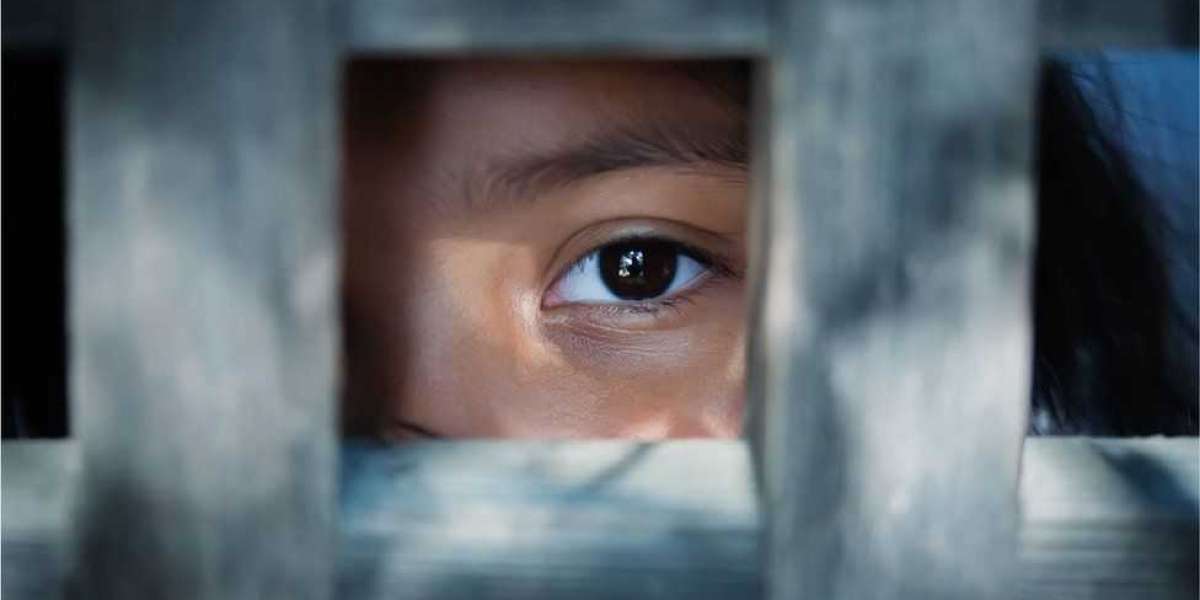Tea has many benefits for adults, but is it safe for kids to drink? Are there health benefits of drinking tea for children? There are a few things you should consider before giving herbal tea to your child. While some tea is considered safe for children because it can be beneficial to their health and relieve certain symptoms, some are not good for young people. You need to be aware of the kind of tea you're giving children, and how much they're drinking.
Caffeine In Tea
Some tea, like black tea and green tea, contains caffeine. Caffeine is a stimulant, which means when you consume it, you get a boost of energy. It affects kids and adults in similar ways. Small amounts of caffeine can make you more alert, but too much can cause side effects. Since children are smaller, small amounts of caffeine can cause negative effects. Too much caffeine can cause:
- jitters and nervousness
- upset stomach and vomiting
- headaches
- difficulty concentrating
- trouble sleeping
- faster heart rate
- higher blood pressure
Since caffeine is a diuretic, which is a chemical that makes your body los
Herbal Tea for Children
Herbal tea, or tea that is made from herbs and fruits, usually does not contain caffeine. Herbal tea is often made from ingredients like mint, chamomile, fruits, and other spices. For children over 2 years old herbal tea can be a healthy option compared to sugary drinks and can help manage the symptoms of some mild illnesses like colds, allergies, or motion sickness. Herbal tea should never be given to a baby under 6 months of age because it could contain harmful bacteria or cause an allergic reaction.
Children over the age of 2 can enjoy herbal tea, and some experts note that it can be a healthy choice for children because it is hydrating and does not contain sugar, like juice or soda.
Some herbal tea can be used to help manage symptoms of minor illnesses in children. If you are unsure whether it is safe to give your child a specific kind of herbal tea, check with their doctor. Kids’ tea should be served weaker (steeped for less time) than for adults and served cooler than adults usually enjoy. The following types of tea are recommended for children:
- Peppermint tea. This herbal tea can help soothe an upset stomach, ease nausea, sore throat, cough, and motion sickness. It can also help relieve a stuffy nose from a cold or allergies.
- Ginger tea. Ginger is effective in helping to ease stomach problems in adults as well as children. It can help ease nausea or gas pain, too.
- Chamomile tea. A calming tea, chamomile can help children relax and get ready to sleep or help ease mild anxiety. Chamomile is related to ragweed, and if your child has a ragweed allergy, it's best to stay away from chamomile tea. Chamomile also reacts with members of the chrysanthemum family, so it's important to know the risks to your child before giving them chamomile tea.



